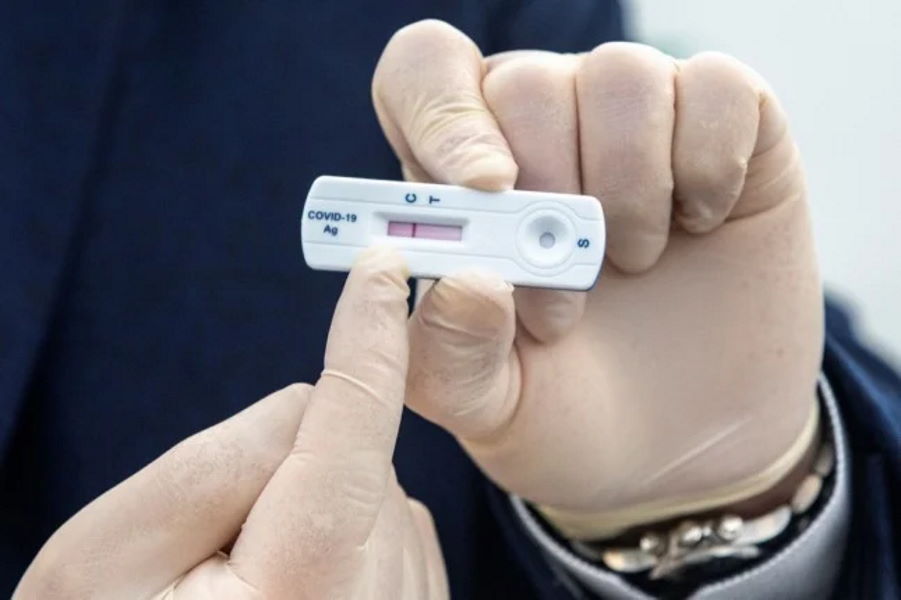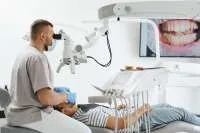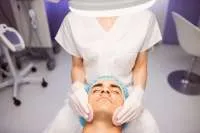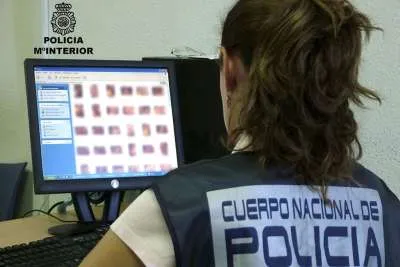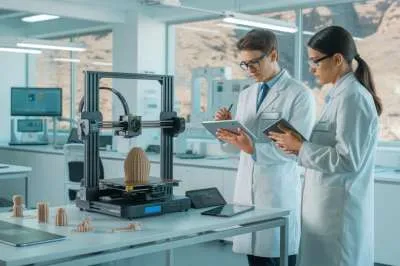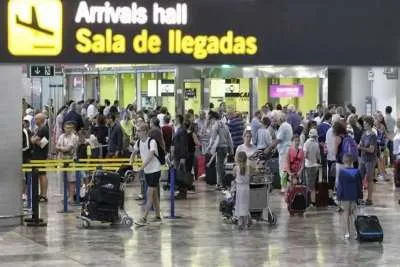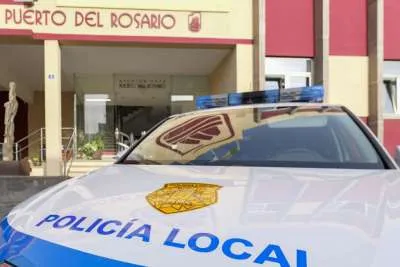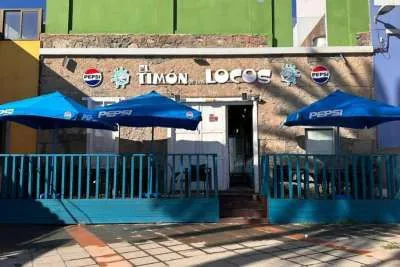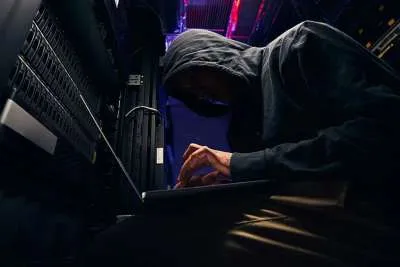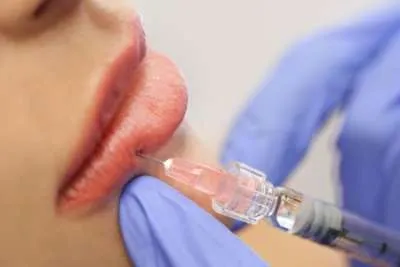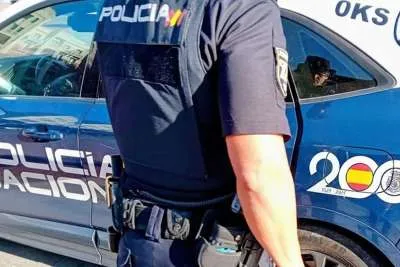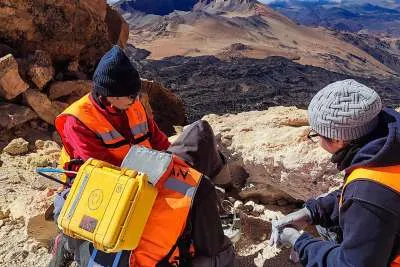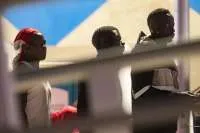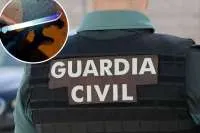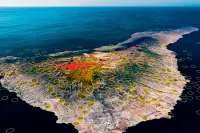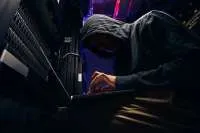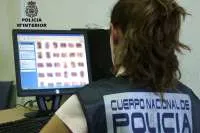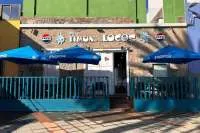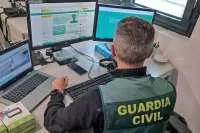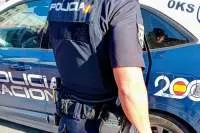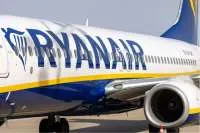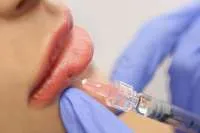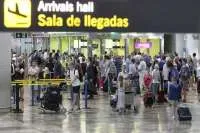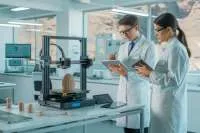You can now buy Antigen tests in chemists from only 7 euros in the Canaries
- 20-07-2021
- Health
- Canarian Weekly
There is no doubt that apart from compliance with restrictions and security measures to prevent the spread of the virus, one of the most effective tools to avoid contagions are detection tests. The Government has finally decided to give the green light to the sale of these tests in pharmacies across the whole of Spain, and they are available to buy from today, Tuesday 20th July.
But, which ones can be purchased? How much do they cost? Do we have to communicate the result? These are the main questions being asked. Antigen tests can be purchased at a price of between 7 and 10 euros and yes, it is important to communicate the result to your local medical centre, especially if it is positive.
These are the same tests as people are using to self-test at home in the UK as they are available on the NHS, so don’t be ‘scared’ to have one to find out the result. However, they are NOT valid for flights as they have to be carried out at a registered test centre.
How antigen tests work:
Antigen tests confirm the presence of the virus by detecting its proteins (antigens) in the body, with some difference, as more or less all have the same genetical structure.
Specific antibodies are fixed on a support that will react against some protein of the virus. The protein from the surface of the envelope (protein S), which projects outwards, is usually used. If there are viral particles in the sample, they will become attached to the antibody. It is as if the virus or its proteins have been captured by the antibody.
Next, a second antibody against the virus is added so that a sandwich is formed: antibody-virus-antibody. This second antibody will be labelled or flagged in some way to show the reaction. If the reaction is positive, it shows that there were proteins of the virus. That is, the person is or has been infected.
The advantages of this test are its speed and simplicity. It does not require expensive reagents, or machines, or qualified technical personnel, and they are much cheaper than a PCR test. They are usually manufactured in the same way as a pregnancy test: a sample is taken from the nose or throat with a swab, a few drops of a reagent that extracts the virus antigens are added, it is placed in the device, and in less than 30 minutes the corresponding reactive bands will appear to give the result.
Generally, if you test positive with an Antigen test, you will then be referred for a PCR test to decipher whether the virus is current or from a past infection. This is where people get confused and claim ‘false tests’. As it says above, Antigen tests confirm the presence of the gene of the virus, the PCR confirms whether or not you have a current infection.
Other articles that may interest you...
Trending
Most Read Articles
Featured Videos
TributoFest: Michael Buble promo 14.02.2026
- 30-01-2026
TEAs 2025 Highlights
- 17-11-2025


